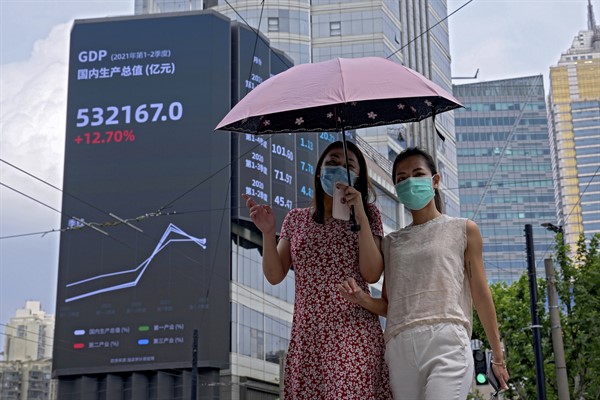After two to three decades during which Beijing supported the marketization of the Chinese economy and the growing role of the private sector, many analysts now worry that the Chinese Communist Party has turned its back on its earlier commitment to market-oriented reforms. For example, Stephen Roach, an economist at Yale University and former chairman of Morgan Stanley Asia, worries in a recent essay that the Chinese government’s current focus on re-regulation and income redistribution is undermining “the heart of the market-based ‘reform and opening up’ that have underpinned China’s growth miracle.”
Indeed, in recent years Beijing has implemented a series of policies that have tightened control over the country’s financial system, undermined private businesses and expanded the role of state-owned enterprises and public-sector investment. Among other measures, Chinese authorities have intervened in a number of local banks, beginning in May 2019 with Baoshang Bank; interrupted several very high-profile initial public offerings, including last year’s much-anticipated IPO of Ant Financial, which would have been the world’s largest; and clamped down ferociously on the activities of the powerful property sector and the once-dynamic fintech and private education sectors.
But do these policies represent a new approach to governing the Chinese economy, and are analysts right to attribute them to a reversal in the way President Xi Jinping’s administration sees the role of the private sector?

